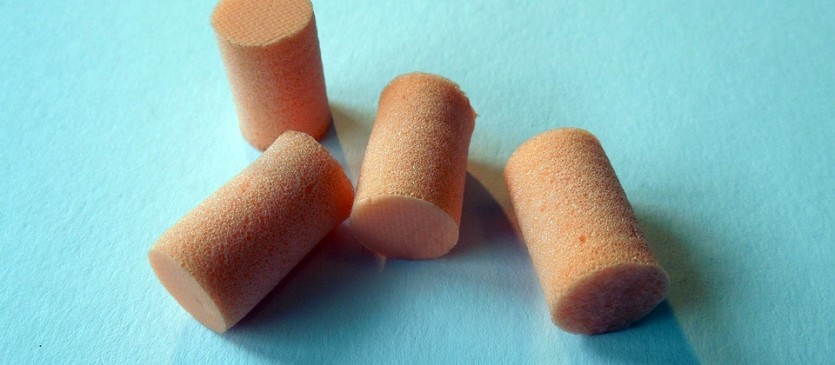Age related hearing loss can’t be totally be prevented, it’s a natural process that comes with aging. But there are things you can do to slow down the rate and level at which your hearing deteriorates. Here are seven things you can do to help maintain good hearing throughout the course of your life.
Don’t Smoke
This is a given for a number of health reasons, but it’s also important for your hearing health. Research shows that tobacco use can increase your risk of hearing loss, even more-so than loud noise! Second-hand smoke can also cause damage to your hearing. Smoking decreases blood flow, depriving the middle and inner ear of oxygen and blood flow, which causes hearing loss.
Be Aware of Hazardous Noises
The world is full of loud noises that can cause damage to your hearing without you even realizing it. Vehicles like motorcycles or motorboats, fireworks, and even the noise at rock concerts, dance clubs, and sporting events can all be problematic to your hearing. Obviously, you can’t always avoid these types of noises, but limiting your exposure to such loud objects and events whenever possible will benefit your long-term hearing health.
Wear Protection
Wearing earplugs or earmuffs when you’re in the vicinity of loud objects will go a long way toward protecting your hearing. Even if you’re wearing earplugs, you can still enjoy yourself at a concert or sporting event, doing so without being exposed to such high decibels for an extended period of time. Earplugs and earmuffs are easy to find and wear, so there’s no excuse for not having them to help protect your ears from harsh noises.
Maintain Healthy Blood Sugar Levels
This one is particularly important for those with both type i and type ii diabetes, but is also important for everyone as there is a surprising connection between blood sugar levels and hearing health.
High blood sugar can damage the nerves in your ear and also make it harder for blood to get to your ears, both of which have a negative impact on hearing, so maintaining healthy blood sugar levels is important for your ears.
Eating a healthy diet and exercising regularly will help regulate your blood sugar, whether you have diabetes or not. If you do have diabetes, then taking any prescribed medications is essential, as is telling your doctor about any issues with your hearing and getting your hearing checked regularly.
Limit Personal Listening Devices
We all have iPods or MP3 players that we use to listen to music with earphones. While you don’t have to stop doing this completely, you should at least monitor how long and how frequently you do it. Listening to music through earphones for hours on end can be damaging to your hearing, especially if the volume is turned up so loud that others can hear muffled sounds emanating from them. Don’t make a habit out of having your earphones on for large chunks of time day after day.
Clean Your Ears Properly
Contrary to popular belief, ears are great at self-cleaning and so you don’t need to worry about cleaning them on a daily basis, and you definitely shouldn’t use a cotton swab to clean them. Having some earwax is perfectly normal, and using a cotton swab will just push it deeper into your ear canal, which can build up and distort your hearing. If you want to clean your ears, there are at-home irrigation kits that will help you to gently wash out any excess earwax.
Get Your Hearing Tested Regularly
The best thing you can do to curb hearing loss is to have your hearing tested on a regular basis. If you notice an issue with your hearing you should get checked out before the problem gets any worse. But even if your hearing seems fine, getting it tested as you get older should be a yearly occurrence. The sooner your hearing loss is diagnosed and proper hearing aids are prescribed the better your hearing will remain and you won’t have to lose out on any quality of life while struggling to hear conversations or talk to friends and family on the phone.



